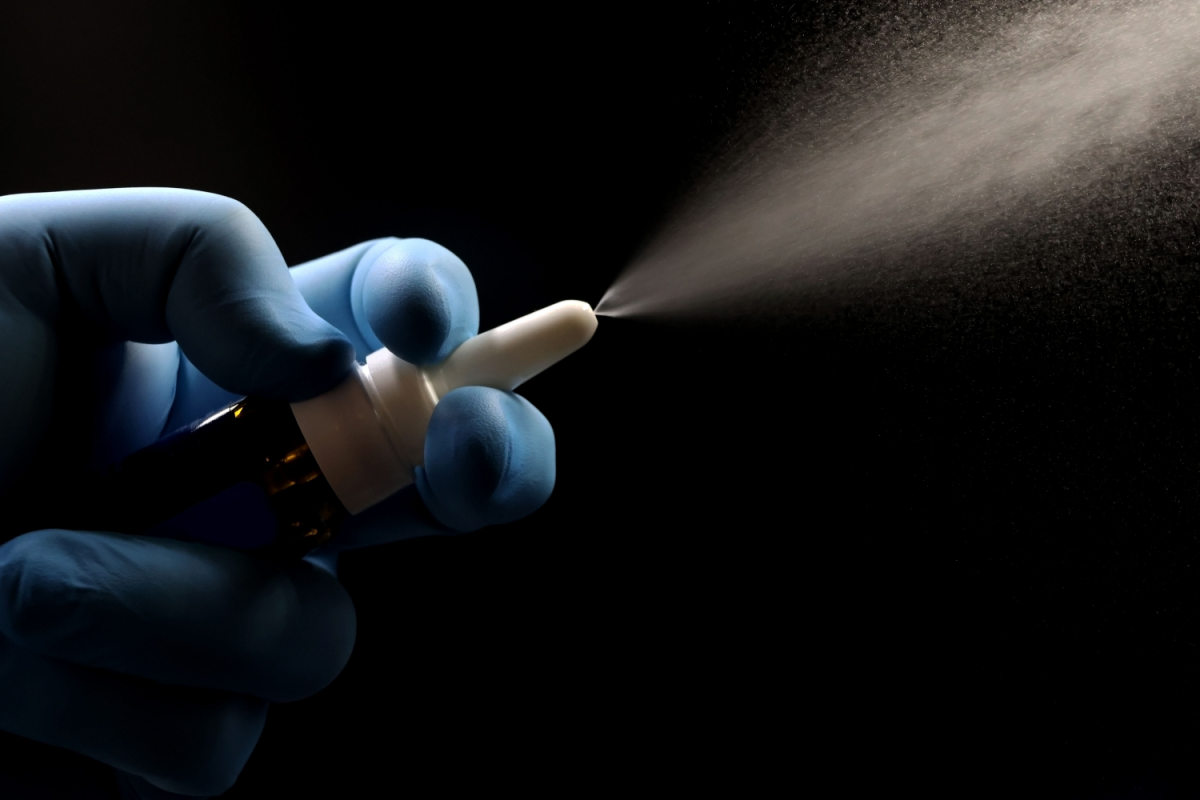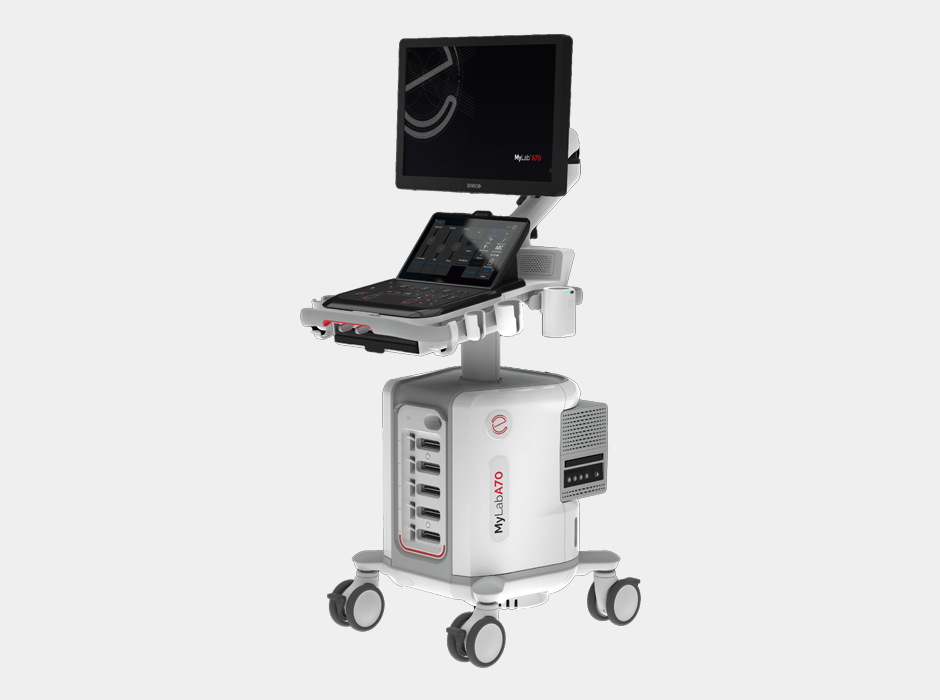Italy-based drugmaker Italfarmaco has won US Food and Drug Administration (FDA) approval for its oral medication Duvyzat (givinostat) for the treatment of Duchenne muscular dystrophy (DMD) in patients six years of age and older.
Duvyzat, a histone deacetylase (HDAC) inhibitor that works to reduce inflammation and muscle loss, is the first nonsteroidal drug approved to treat patients with all genetic variants of DMD.
DMD is a rare, genetic, progressive and debilitating neuromuscular condition that causes muscle weakness and muscle wasting that leads to problems with walking, muscle strength and ultimately breathing, which can lead to early death. According to the FDA, life expectancy for those with DMD has increased over the years, with some patients surviving beyond 30 years.
Progressive muscle weakness in the disease is caused by genetic mutations in the dystrophin gene that lead to a lack of functional dystrophin protein. DMD is the most common form of muscular dystrophy among children and typically affects males, but females can be genetic carriers.
The global incidence of DMD is approximately one in every 3,500 to 6,000 male births.
“This approval provides another treatment option to help reduce the burden of this progressive, devastating disease for individuals impacted by DMD regardless of genetic mutation,” said Emily Freilich, MD, director of the Division of Neurology 1, Office of Neuroscience in the FDA’s Center for Drug Evaluation and Research.
“The FDA’s approval of Duvyzat for DMD, based on our robust and successful clinical development program, reflects Italfarmaco’s commitment to providing a safe and proven-effective therapy that can have a meaningful impact for people living with DMD,” said Paolo Bettica, MD, PhD, chief medical officer at Italfarmaco Group in a press release.
Bettica said the company’s focus is to now “make Duvyzat available as a treatment for DMD management in the US as quickly as possible.”
Headquartered in Milan, Italy, Italfarmaco is a privately owned global pharma company that has been making moves to bolster its presence in the US market through the formation of a new fully owned subsidiary, ITF Therapeutics LLC. Italfarmaco said, “ITF Therapeutics will be responsible for the commercialization of Duvyzat in the US and the company is working closely with healthcare providers, patient advocacy groups and payers to make Duvyzat available to patients.”
Duvyzat inhibits HDACs in dystrophic muscle, which is a major consequence of the lack of dystrophin associated with DMD, says Italfarmaco. The company says the drug has the “potential to inhibit HDAC pathological overactivity in an effort to address the cascade of events leading to muscle damage, thereby counteracting the disease pathology and slowing down muscle deterioration.”
Duvyzat’s efficacy was evaluated in the randomized, double-blind, placebo-controlled 18-month Phase III study EPIDYS that evaluated the treatment in 179 boys six to 17 years of age. The study is one of the largest DMD Phase III trials to date. Participants received Duvyzat twice daily or placebo in addition to glucocorticosteroid treatment. At the 18-month mark, patients treated with Duvyzat exhibited significantly less decline in the time it took to climb four stairs, the primary endpoint of the study as a measure of muscle function, compared to placebo. The mean change from baseline to Month 18 in time to climb four stairs was 1.25 seconds for patients administered Duvyzat compared to 3.03 seconds for patients that got placebo.
Duvyzat also garnered positive results on key secondary endpoints including change in physical function from baseline as measured by the North Star Ambulatory Assessment (NSAA). Patients treated with Duvyzat saw less worsening in their NSAA score after 18 months compared to placebo — specifically, a 40 percent reduction in NSAA scores. The treatment also led to 30 percent less fat infiltration into the thigh muscle.
Most of the adverse effects observed after Duvyzat administration were mild to moderate in severity. Results of the study were published in The Lancet Neurology.
“There is a tremendous unmet need for novel therapies in DMD that can achieve meaningful benefits for a broad range of patients. Duvyzat’s unique mechanism of action has shown a positive risk/benefit profile and the ability to delay disease progression, supporting its potential to become a key component of the standard of care for people living with DMD,” said Craig M. McDonald, MD, professor at the Department of Pediatrics and Physical Medicine Rehabilitation at the University of California Davis Health and investigator for the EPIDYS trial.
In November, the FDA extended its decision deadline by three months to allow extra time for regulators to review additional information submitted by Italfarmaco as part of a new drug application.
Duvyzat will be competing with Sarepta Therapeutics’ bag of exon-skipping DMD therapies, which include Exondys 51 (eteplirsen), Vyondys (golodirsen) and Amondys (casimersen). It will also be going up against its breakthrough gene therapy Elevidys (delandistrogene moxeparvovec), which received FDA approval last year.
As one of the most expensive therapies in the world priced at $3.2 million, which is not unusual for gene therapies, Elevidys has been off to a strong start since its launch. The drug generated domestic sales of $200.4 million last year, of which $131.3 million was earned in the fourth quarter of 2023, according to Sarepta.
Other competitors include a dissociative steroid jointly developed by Santhera Pharmaceuticals and Catalyst Pharmaceuticals called Agamree (vamorolone), which received FDA approval in October last year.
Duvyzat received Priority Review, Orphan Drug and Rare Pediatric Disease designations from the FDA. Italfarmaco has also submitted a Marketing Authorisation Application (MAA) for givinostat as a potential treatment for DMD to the European Medicine Agency (EMA), which is currently under review.
If you want your company to be featured on Xtalks.com, please email [email protected].











Join or login to leave a comment
JOIN LOGIN